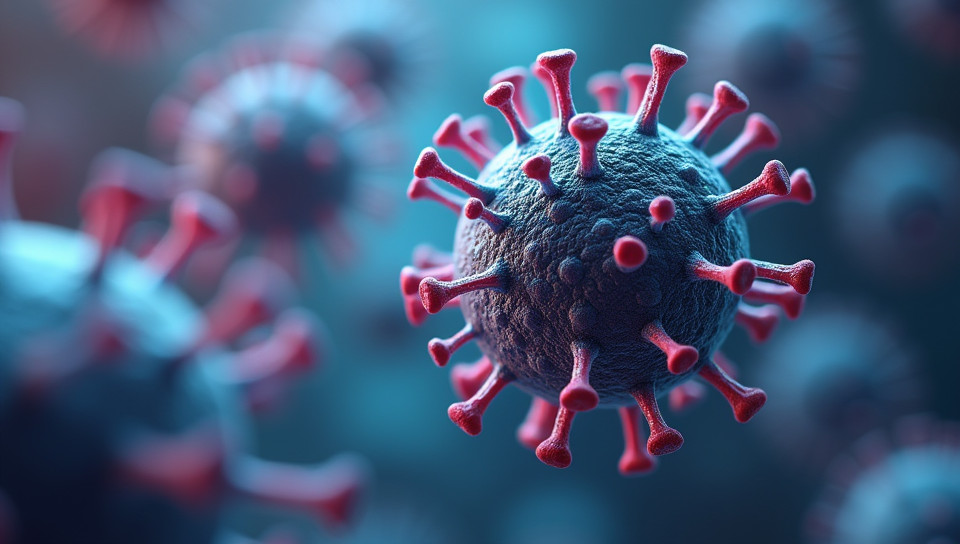Vaccines are developed using biotechnology 98%

The Power of Biotechnology: How Vaccines Are Revolutionizing Public Health
As we navigate the complexities of modern medicine, it's hard to overstate the significance of vaccines in preventing the spread of infectious diseases. From childhood immunizations to pandemic responses, vaccines have become an indispensable tool in maintaining global public health. But have you ever wondered how these life-saving treatments are developed? The answer lies in the fascinating world of biotechnology.
The Intersection of Biology and Technology
Biotechnology is a multidisciplinary field that combines biology, genetics, and engineering to develop innovative solutions for various industries, including medicine. In the context of vaccine development, biotechnology plays a crucial role in understanding the intricate mechanisms of pathogens and designing effective countermeasures.
- Genetically engineered viruses: Scientists use genetic engineering techniques to modify viruses, making them harmless while still inducing an immune response.
- Recombinant DNA technology: This approach involves combining genes from different organisms to create new proteins or antibodies that can be used as vaccine components.
- Advanced manufacturing techniques: Biotechnology enables the large-scale production of vaccines using novel processes and equipment, ensuring consistency and safety.
The Importance of Vaccine Development
Vaccine development is a complex process that requires meticulous research, rigorous testing, and collaboration among experts from various fields. The rewards, however, are well worth the effort:
- Protection against infectious diseases: Vaccines have saved countless lives by preventing outbreaks and epidemics.
- Long-term immunity: By inducing long-term immune responses, vaccines provide sustained protection against pathogens.
- Public health benefits: Widespread vaccination has led to significant declines in disease incidence, allowing for economic growth and improved quality of life.
The Future of Vaccine Development
As biotechnology continues to advance, we can expect even more innovative approaches to vaccine development:
- mRNA-based vaccines: This emerging technology uses messenger RNA to instruct cells on how to produce specific proteins, offering a promising alternative to traditional vaccine manufacturing methods.
- Personalized medicine: Biotechnology enables the creation of tailored vaccines that cater to individual needs and circumstances.
Conclusion
Vaccine development is a testament to human ingenuity and collaboration. By harnessing the power of biotechnology, scientists can create life-saving treatments that protect against infectious diseases. As we move forward in this rapidly evolving field, it's essential to recognize the importance of continued investment in vaccine research and development. Only through our collective efforts can we ensure a healthier future for generations to come.
- Created by: Jakub Mazur
- Created at: Dec. 21, 2024, 12:09 p.m.
- ID: 16911